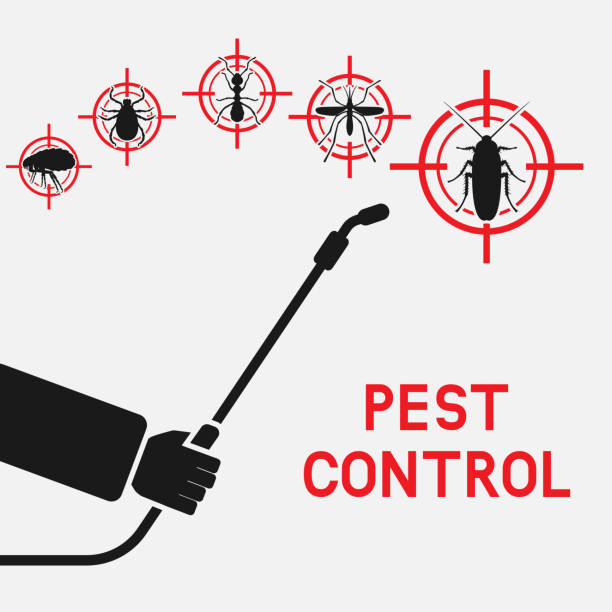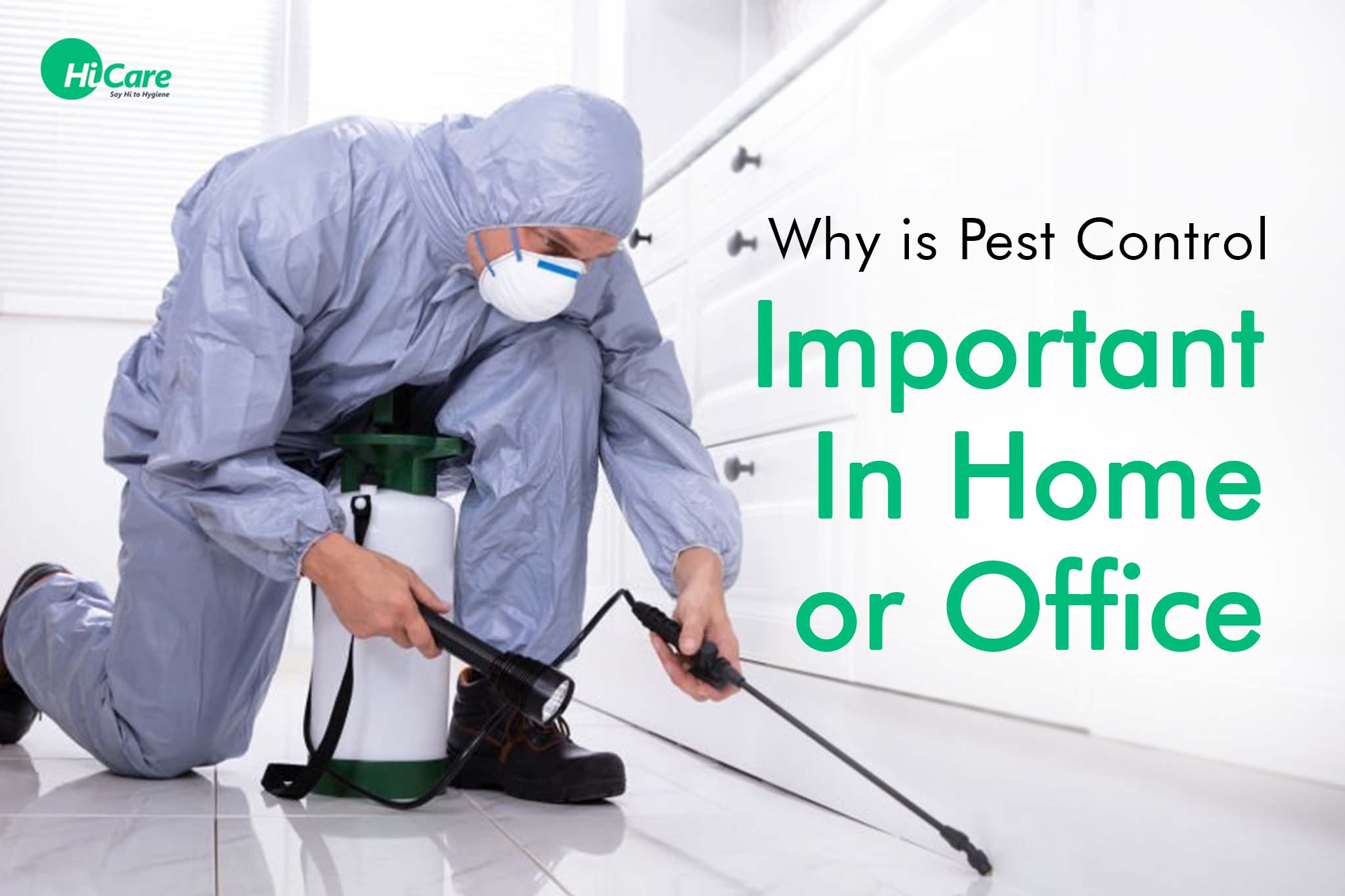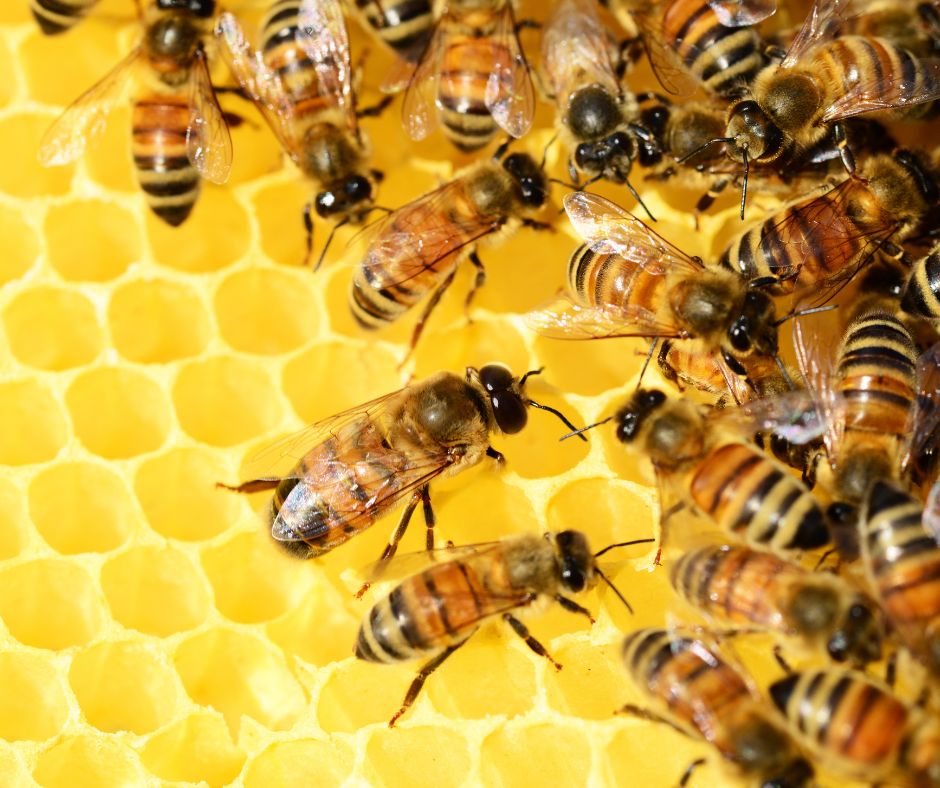Discover the Significance of Parasite Control in Preserving a Healthy Setting and Treatment Techniques

The Duty of Insects in Ecosystems
Bugs, frequently watched entirely as nuisances, play a diverse duty in environments that is vital for preserving eco-friendly balance. They add substantially to numerous ecological procedures, including pollination, vitamins and mineral cycling, and parasite control. Several insect species, such as butterflies and bees, are crucial pollinators for a wide variety of plants, which in turn sustains biodiversity and food manufacturing.
Additionally, insects act as victim for countless killers, creating a vital web link in food internet. This connection makes certain the survival of various species and helps control populations within environments (Termite treatment Port Charlotte). In addition, decomposer pests, such as particular beetles and fungis, are crucial in damaging down raw material, hence improving dirt and helping with nutrition recycling.
On the other hand, while bugs can be useful, their overpopulation or invasion into non-native environments may interfere with these eco-friendly features. This complexity underscores the importance of recognizing parasite characteristics, as efficient insect management approaches have to think about both their environmental roles and possible influence on human activities. Balancing pest visibility while lessening harm is essential for maintaining the stability of ecosystems and making certain farming productivity.
Wellness Dangers Related To Parasites
The existence of parasites in different environments expands beyond their eco-friendly functions, as they additionally present significant health and wellness risks to pets and humans. Lots of insects, consisting of pests, rodents, and bloodsuckers, are providers of conditions that can have serious health and wellness implications. For example, rats are known to transfer hantavirus and leptospirosis, both of which can bring about severe breathing and kidney issues, respectively.
Pests such as mosquitoes and ticks are well known for spreading out vector-borne diseases like malaria, dengue high temperature, and Lyme condition. These diseases can lead to high morbidity and death prices, specifically in vulnerable populations. Furthermore, parasites like cockroaches and bedbugs can worsen allergic reactions and bronchial asthma, adding to respiratory problems in individuals, particularly those with pre-existing problems.
In addition, the visibility of parasites can lead to psychological tension and discomfort, affecting general wellness. Contamination of food and surfaces by insect droppings and stays can cause foodborne health problems, highlighting the value of keeping hygienic problems. Recognizing the wellness risks linked with pests is crucial in identifying the need of efficient insect management approaches to secure human and animal health.

Advantages of Effective Pest Control
Effective insect control is necessary for keeping a secure and healthy and balanced setting, as it continually minimizes the numerous risks Learn More Here related to pest infestations. Among the key advantages of reliable parasite monitoring is the decrease of carcinogen. Bugs such as mosquitoes, cockroaches, and rats are vectors for conditions that can influence both animals and humans. By controlling these populaces, the probability of illness transmission is considerably decreased.
In addition, efficient pest control safeguards residential or commercial property and frameworks from damage. Many pests, like termites and carpenter ants, can cause extensive architectural damages that may require expensive repairs. By proactively managing these infestations, house owners and organizations can shield their financial investments.
Another considerable benefit is the renovation of general lifestyle. A pest-free setting contributes to mental well-being and decreases stress related to problems. Additionally, effective insect control fosters a more secure environment for family pets and kids, making certain that homes continue to be refuges devoid of hazardous chemicals and disease-causing organisms.
Common Insect Control Strategies

In the world of parasite administration, various strategies are utilized to combat problems effectively. These techniques can be broadly categorized into three primary techniques: cultural, mechanical, and chemical controls.
Social control includes modifying techniques to decrease bug recreation, survival, and establishment. This might include crop rotation, proper cleanliness, and environment manipulation, which jointly develop an environment less favorable to pest expansion.
Mechanical control uses physical methods to remove parasites (Termite treatment Port Charlotte). Strategies such as traps, barriers, and vacuum cleaners are frequently used to directly get rid of insects from a location. This strategy is particularly efficient for taking care of rats and insects without using harmful chemicals
Chemical control involves the application of pesticides to manage pests. These substances can be categorized into herbicides, pesticides, and fungicides, each targeting visit the site specific sorts of parasites. It is critical to make use of these chemicals deliberately, adhering to safety standards and guidelines to reduce potential harm to non-target varieties and the setting.
Each bug control method has its advantages and constraints, and frequently, an incorporated strategy integrating multiple approaches produces the very best lead to preserving a pest-free atmosphere.
Sustainable Parasite Administration Practices
Sustainable parasite monitoring techniques include a series of approaches made to decrease ecological effect while successfully controlling parasite populations. These techniques prioritize the visit their website use of ecologically friendly techniques over chemical pesticides, thereby lowering the risk of injury to non-target species, consisting of useful pests, wildlife, and human beings.
Integrated Insect Monitoring (IPM) is a cornerstone of lasting practices, integrating organic, cultural, mechanical, and chemical techniques to manage bugs. For example, biological control entails introducing natural killers or bloodsuckers to suppress bug populaces. Social practices, such as plant turning and polyculture, disrupt pest life cycles and boost ecosystem durability.
Mechanical approaches, such as barriers or traps, can properly prevent insect gain access to without chemical treatment. In addition, keeping healthy communities with appropriate dirt monitoring, plant wellness, and biodiversity can naturally mitigate insect problems.
Education and understanding are crucial parts, encouraging people and areas to identify parasite hazards early and apply preventive measures. Termite treatment Port Charlotte. By fostering a holistic approach that stabilizes parasite control with eco-friendly honesty, lasting bug administration methods not only protect crops and frameworks however also add to a healthier environment for future generations
Verdict

Understanding the wellness dangers linked with bugs is important in recognizing the requirement of effective parasite administration strategies to secure human and animal wellness.
Efficient pest control is necessary for maintaining a secure and healthy atmosphere, as it consistently alleviates the numerous threats associated with bug infestations.Integrated Bug Monitoring (IPM) is a foundation of lasting practices, integrating organic, cultural, mechanical, and chemical techniques to manage insects. By recognizing the role of insects, identifying associated health and wellness threats, and employing diverse therapy techniques, a sustainable technique to pest monitoring can be achieved. Integrated Insect Monitoring (IPM) stresses a holistic approach that alleviates injury to advantageous microorganisms while properly controlling bug populaces.